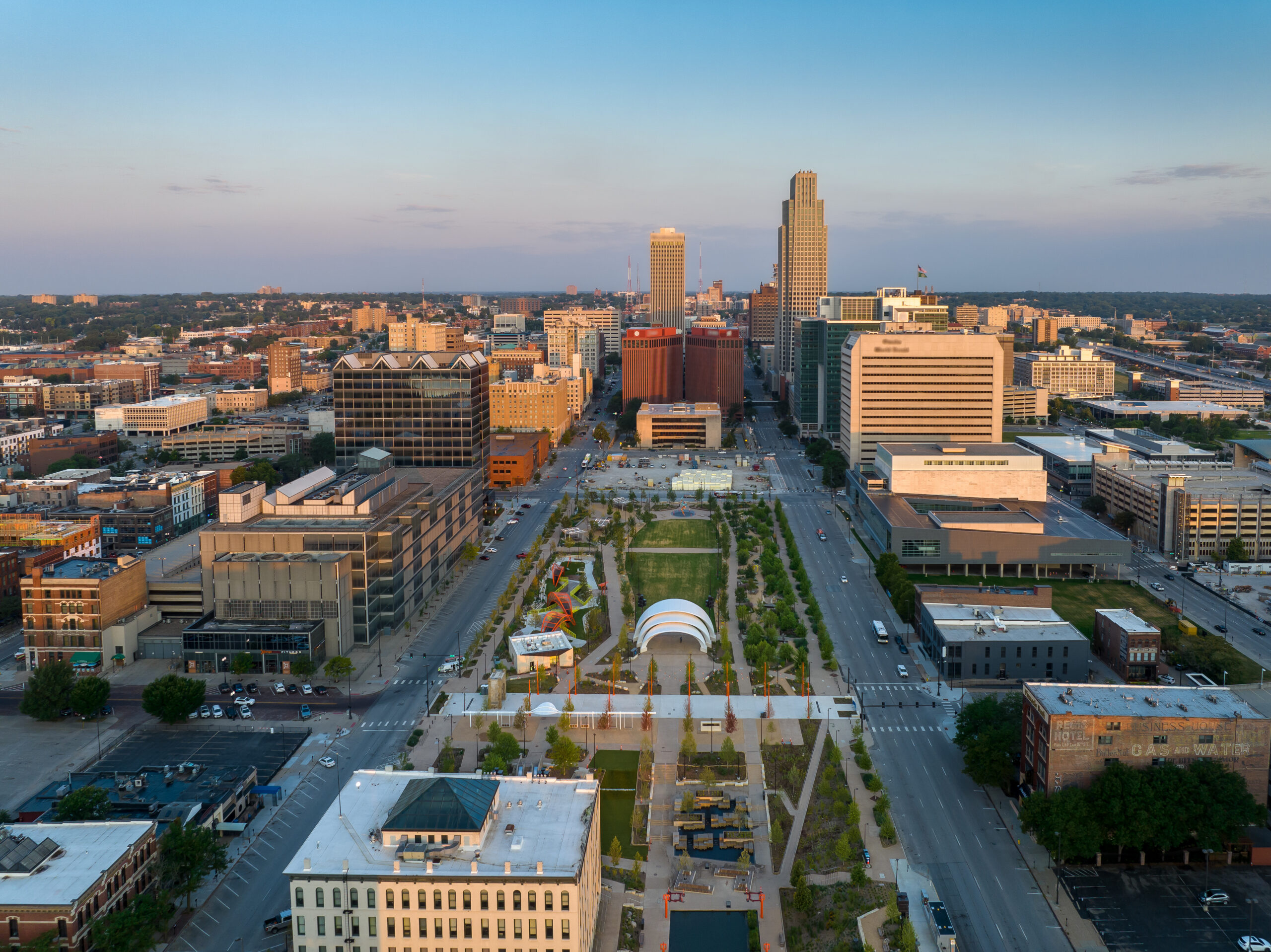A recent Wall Street Journal article on Omaha’s luxury housing market boom is a compelling example of how shifts in migration patterns and local wealth reshape real estate markets in unexpected areas. Here’s our take on what this means from a local economic development perspective:
Key Insights:
Expanding Demand in Smaller Markets – Traditionally, luxury housing markets were associated with coastal or metropolitan cities, but now, smaller and more affordable regions like Omaha are attracting luxury homebuyers. This reflects broader migration trends, where people seek cities with a high quality of life and a lower cost of living, without sacrificing luxury amenities.
Local Wealth Creation and Attracting High-Income Residents – Omaha’s luxury market benefits from local wealth creation, often through industries like finance, technology, or healthcare with a solid base in the Midwest. But it’s also attracting high-income residents relocating from more expensive areas, potentially driving a shift in the region’s socioeconomic makeup.
Regional Economic Transformation – The increase in demand for luxury properties suggests a larger transformation for Omaha. A rise in luxury housing typically brings more diverse amenities and services to support affluent residents, from high-end restaurants to premium retail. This, in turn, creates jobs and can stimulate further economic growth.
Challenges of Affordability and Community Impact – A booming luxury market can bring benefits but also create challenges, especially around affordability and community character. As luxury housing developments expand, there’s a risk of driving up property values and rents in surrounding areas, potentially displacing long-time residents and shifting the community’s character. Omaha must balance luxury market growth’s benefits with affordability and inclusiveness in its broader housing strategy.
Opportunities and Risks for Local Economies:
Encouraging Local Entrepreneurship – As Omaha’s affluent population grows, there are new opportunities for local entrepreneurs to provide specialized services catering to this demographic. These could include boutique retail, high-end dining, wellness services, and other lifestyle-oriented businesses.
Investing in Infrastructure and Amenities – With more luxury buyers, Omaha could attract investment in infrastructure that benefits everyone, from parks and green spaces to improved transportation. Public and private investment in amenities that appeal to affluent residents can enhance the overall quality of life, potentially benefiting all community members if managed inclusively.
Avoiding the Pitfalls of Over-Gentrification – With this growth comes a need for vigilance. Cities that undergo luxury market booms risk creating economic divides if they fail to maintain housing affordability across income levels. Omaha has an opportunity to shape its growth thoughtfully, using policies that encourage luxury development while supporting affordable housing options and preserving the community’s character.
Our Insight:
Omaha’s rise as a luxury market signals a larger trend in economic development, where smaller and mid-sized cities are becoming hubs of wealth and opportunity. The city can capitalize on this trend by fostering a diverse economy that benefits new and long-time residents. However, balancing this growth with policies that protect affordability, foster inclusivity, and retain Omaha’s community character will be crucial. The opportunity lies in promoting sustainable growth that improves quality of life across the board, not just for high-income newcomers.




Comments are closed